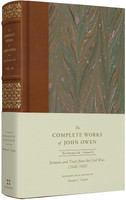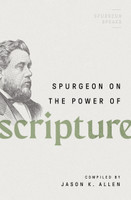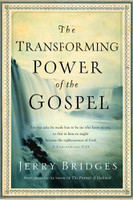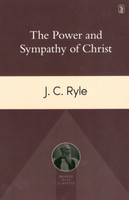Description
In Matters of Religion Modestly Debated, Impartially Stated According to the Bounds and Grounds of Scriptures, and Answer Returned to Those Objections Against the Same which Seem to Have any Weight in Them.
The Civil Magistrate’s Power was written by Thomas Cobbet originally in 1653. Cobbet deals with the civil magistrate’s power based upon the bounds and grounds of Scripture. He lays down the scriptural ordination as well as the scriptural limitation of government. Again he demonstrates the limitation of their authority based upon the fact that they are a separate jurisdiction from the church. He then states that it the Lord who is the head of the Church and the civil magistrate does not have the power, right, or authority to usurp His rule.
Contents
The Method and Scope of the Ensuing Discourse Concerning the Civil Magistrate’s Power in Matters of Religion
By Way of Introduction
1. The example of our Head Jesus Christ is opened and applied in many pious and seasonable observations
2. Objections answered
The Thesis and Position propounded to be cleared is this, That Corruptions in Religion outwardly breaking forth and expressed, may, yea and must be restrained and punished, by such as are thereunto called. The Author first propoundeth:
1. Distinctions
2. Some Conclusions about it are laid down
a. Negatively, what may not be done this way
b. Positively, what may and must
3. The main Assertion is explained and proved by Seven Reasons grounded upon Scriptures
Five Corollaries or Instructions drawn from the Premises
1. By way of Refutation and Answer to sundry Objections, tending to undermine the Coercive Power of the Civil Magistrate in matters of Religion
2. The instruction chargeth Rulers with the Duty of Endeavoring the Exact knowledge of God’s law, word, and rules
3. The instruction or inference from the premises, that then the Highest Civil Authority are to make Coercive Laws about matters of Religion
Touching this particular, the Author distinguisheth
1. Of Civil Magistrates
2. Of Kingdoms or Commonwealths, in which they rule
3. Of Legislative power in matters of Religion
4. Of Laws about Religion
Conclusions are laid down about their weighty matter
1. Negatively, where it is proved that human laws, formally and as such, cannot bind the conscience
2. Positively
Positive Conclusions about this Nomothetic power are four
1. That Political Laws, properly such, may be made about matters of Religion
2. This Conclusion is confirmed by seven Reasons
3. Objections against this Conclusion are answered
4. Conclusion, that in doubtful matters, Ecclesiastical Assemblies are to be called, whose Counsels unto the Magistrate are Ecclesiastically Authoritative
5. Conclusion, Civil Magistrates are to call upon Ministers to expound the whole Counsel of God
6. Conclusion, Civil Authority must establish their Laws with the consent of their people or their representatives
7. A fourth Instruction from the Premises, Then are the Civil Authority in their Political way to Judge, which things acted by the outward man in cases of Religion are contrary to the word, and which are not
The further clearing of this from all gainsayers
1. Some Distinctions are laid down
2. The Conclusion is stated and cautioned
3. Five Reasons for proof thereof and the Objections against them answered
4. The last Instruction from the premises – Then are not persons to be left to the liberty of their own Judgments or consciences
For the better cleaning of this weighty Conclusion so many ways opposed now adays
1. Some Distinctions about it are propounded, and Romans 14:3
2. The Conclusion is stated against a set fixed Toleration, and proved by 10 Reasons from Scripture, all which are vindicated from the several Objections against them.






